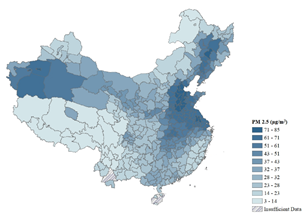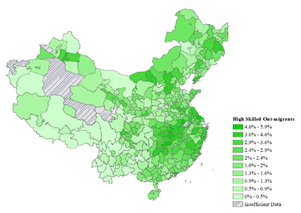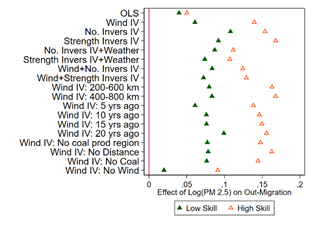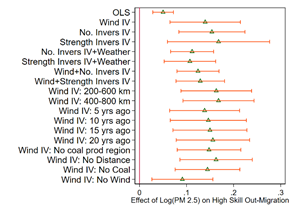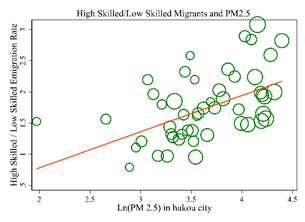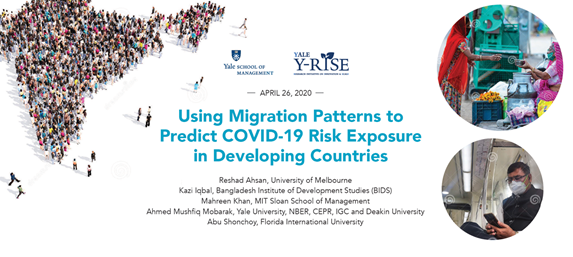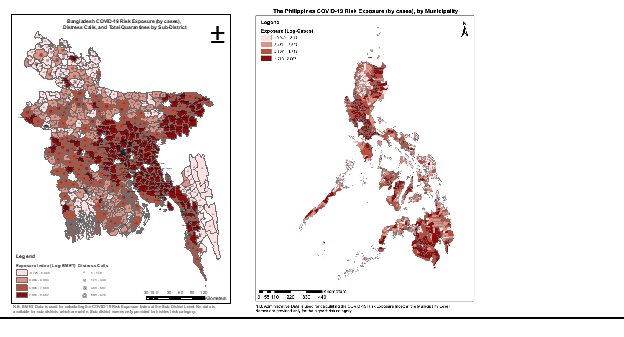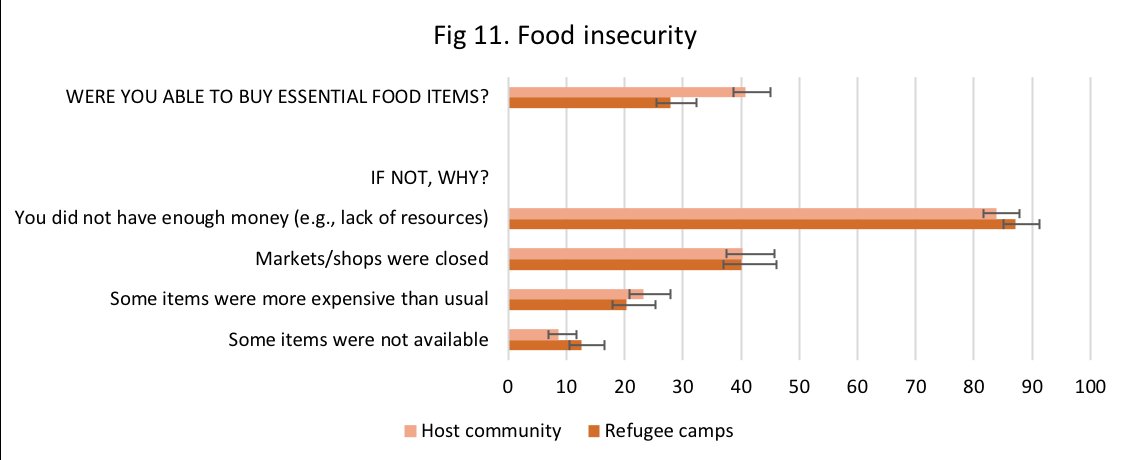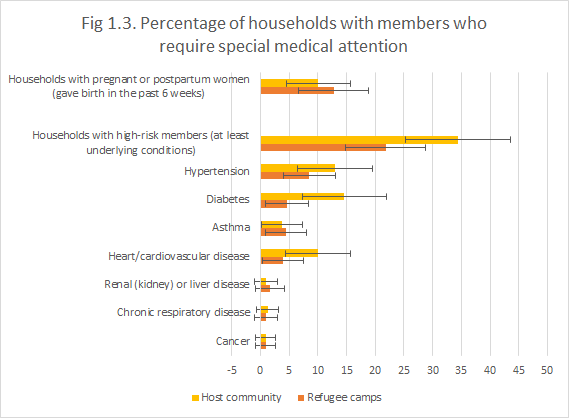
Mask research is in the news again with headlines like "mask mandates don't work".
I'll write my views here on how we should think about mask-wearing based on the research summarized in #CochraneReview
[Only minimum statistical literacy required to follow the argument]
I'll write my views here on how we should think about mask-wearing based on the research summarized in #CochraneReview
[Only minimum statistical literacy required to follow the argument]
Different studies are designed to answer 3 related but *different* questions
1. Do masks work when people actually wear them?
vs
2. Do mask mandates work?
vs
3. Does softly encouraging mask-wearing work?
We have good evidence that #1 works (RCTs in hospitals, lab studies,...]
1. Do masks work when people actually wear them?
vs
2. Do mask mandates work?
vs
3. Does softly encouraging mask-wearing work?
We have good evidence that #1 works (RCTs in hospitals, lab studies,...]
To study the effect of mask-wearing in the real world, you have to first get people to wear masks.
The treatment can be a mandate or some encouragement.
That experiment can only answer
2. What is the effect of imposing a mandate?
or
3. What is the effect of encouragement?
NOT #1
The treatment can be a mandate or some encouragement.
That experiment can only answer
2. What is the effect of imposing a mandate?
or
3. What is the effect of encouragement?
NOT #1
If the mandate or encouragement does not change actual mask-wearing sufficiently in a first stage,
then
you won't be able to tell statistically whether mask-wearing reduces transmission in a second stage.
2nd stage study is under-powered because the first stage was weak
then
you won't be able to tell statistically whether mask-wearing reduces transmission in a second stage.
2nd stage study is under-powered because the first stage was weak
This is why half our #BangladeshMaskStudy seriously engaged with the Social Science (not Epi) question:
"How do you get people to wear masks?"
Only with sufficiently large increases in mask-wearing are we powered to answer the effectiveness question.
science.org/doi/10.1126/sc…
"How do you get people to wear masks?"
Only with sufficiently large increases in mask-wearing are we powered to answer the effectiveness question.
science.org/doi/10.1126/sc…
With due respect to #CochraneReview colleagues, if you don't clarify these social science and epi nuances, we risk confusing or misleading journalists and the public, which is happening here.
So where does this leave the public and policymakers in terms of their decisions?
So where does this leave the public and policymakers in terms of their decisions?
If you or others around you are sick, wear masks!
Mandating mask-wearing only useful if you can enforce the mandate.
Soft encouragement doesn't do much.
People's reluctance to wear indicates that there are costs to mask-wearing. This means we should not mandate when risk is low
Mandating mask-wearing only useful if you can enforce the mandate.
Soft encouragement doesn't do much.
People's reluctance to wear indicates that there are costs to mask-wearing. This means we should not mandate when risk is low
Hi @KelseyTuoc, just read your piece - vox.com/future-perfect…
I said due respect to @cochranecollab, but one of the authors is claiming that our methods are opaque when literally ALL our data and code are publicly posted.
If the authors don't understand standard statistical methods, that doesn't make it "opaque"
If the authors don't understand standard statistical methods, that doesn't make it "opaque"
https://twitter.com/PaulGlasziou/status/1628541722111397888?t=whT_qZxtafuMjaz6in3FvA&s=19
• • •
Missing some Tweet in this thread? You can try to
force a refresh



